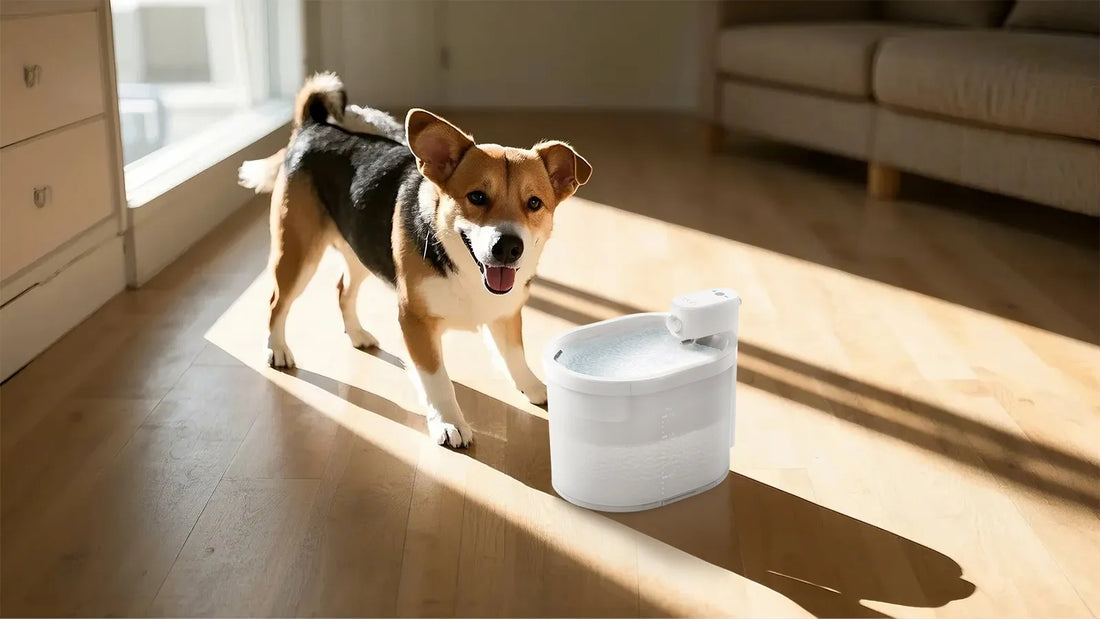If you've noticed that your cat coughs after drinking water, you're not alone. This behavior can be concerning for pet owners, but understanding the potential causes can help you address the issue effectively. While it might seem like a minor problem, persistent coughing after drinking water could indicate an underlying health condition that requires attention.
Common Reasons Why Your Cat Coughs After Drinking Water
There are several reasons why your cat might cough after drinking water. One of the most common causes is drinking too quickly. Cats, especially those who are eager or thirsty, may gulp water too fast, causing it to go down the wrong pipe and trigger a coughing reflex. This is similar to how humans might choke or cough if they drink too quickly.
Another possible cause is the presence of foreign particles in the water. Dust, debris, or even small insects in the water bowl can irritate your cat's throat, leading to coughing. Ensuring that your cat's water is clean and fresh can help minimize this issue.
Health Conditions That May Cause Coughing After Drinking
While occasional coughing after drinking water is usually nothing to worry about, persistent coughing could be a sign of an underlying health problem. Respiratory infections, such as feline asthma or bronchitis, can cause coughing in cats. These conditions may be exacerbated when your cat drinks water, as the act of swallowing can irritate an already inflamed throat or airway.
Another potential cause is a condition called dysphagia, which makes it difficult for cats to swallow properly. This can lead to coughing or gagging after drinking water. Additionally, heart disease or other systemic conditions can sometimes manifest as coughing, especially after physical activities like drinking.
When to Seek Veterinary Help
If your cat's coughing after drinking water is frequent or accompanied by other symptoms, it's important to consult a veterinarian. Signs to watch for include lethargy, loss of appetite, difficulty breathing, or a change in the sound of the cough. A vet can perform a thorough examination, including diagnostic tests if necessary, to determine the root cause of the coughing and recommend appropriate treatment.
Practical Tips to Prevent Coughing After Drinking
There are several steps you can take to reduce the likelihood of your cat coughing after drinking water. First, consider using a shallow water bowl. Deep bowls can cause your cat to dip their face too far into the water, increasing the risk of water entering the wrong passage. A shallow bowl allows your cat to drink more comfortably and safely.
Another tip is to encourage slower drinking. You can do this by placing a small object, like a clean marble, in the water bowl. This forces your cat to drink around the object, slowing down their pace. Additionally, providing multiple water sources throughout your home can prevent your cat from gulping water due to thirst or competition with other pets.
Maintaining Your Cat's Hydration and Health
Ensuring that your cat stays hydrated is crucial for their overall health. However, it's equally important to address any issues that might arise from their drinking habits. By understanding why your cat coughs after drinking water and taking proactive steps to prevent it, you can help your feline companion stay happy and healthy.
If you're ever in doubt about your cat's health or behavior, don't hesitate to seek professional advice. A veterinarian can provide valuable insights and ensure that your cat receives the care they need. Remember, a healthy cat is a happy cat, and addressing small issues early can prevent bigger problems down the road.













